Why Do People Love Mediterranean Food?
Mediterranean cuisine has grown in popularity around the world in recent years and with good cause. This Mediterranean-inspired food features a distinct combination of flavors, ingredients, and health advantages.
Mediterranean cuisine, which emphasizes fresh vegetables, whole grains, olive oil, and lean proteins, is popular for its delicious and nutritional options.

It is a cuisine that has been influenced by numerous civilizations and has a long culinary history, resulting in a broad and savory menu.
However, the popularity of Mediterranean food stems from its taste and nutritional benefits and its emphasis on communal dining, which builds a sense of community and belonging.
How A Mediterranean Dinner Party Look Like?
The Mediterranean diet is renowned for its delicious and varied cuisine and health advantages.
Moussaka, filled with grape leaves, shish kebabs, salads, and other classic Mediterranean recipes frequently calls for fresh and savory ingredients including tomatoes, olives, fish, lemon, feta, mint, and za’atar.
Based on the cuisine cultures of nations like Greece, Italy, Spain, Morocco, Egypt, and Lebanon, this diet plan emphasizes whole grains, seafood, nuts & legumes, fruits, and vegetables along with olive oil as staples. Due to their widespread cultivation in the Mediterranean region, olives, wheat, and grapes are regarded as the cornerstones of Mediterranean cuisine.
Iconic dishes like tagine, moussaka, shakshuka, falafel, Greek salad, Niçoise salad, risotto, and more showcase the rich and diverse flavors of the Mediterranean diet.

A Wonderful Mediterranean Dinner Party Table Be Like This:
- Welcome Drinks: Mediterranean Mint Lemonade/ Strawberry & Peach Rose Sangria/Lebanese Rose Drink/ Egyptian Mint Limeade (Non-alcoholic) or Blood Orange Cocktail with Vodka & Rosemary/ Mulled Wine

- Appetizers: Homemade Tortilla Chips & Hummus & Crispy Chickpeas/ Roasted Pepper & Feta Curry

- Salads: Greek Salad/ Spiralized Cucumber Salad with Feta & Olives
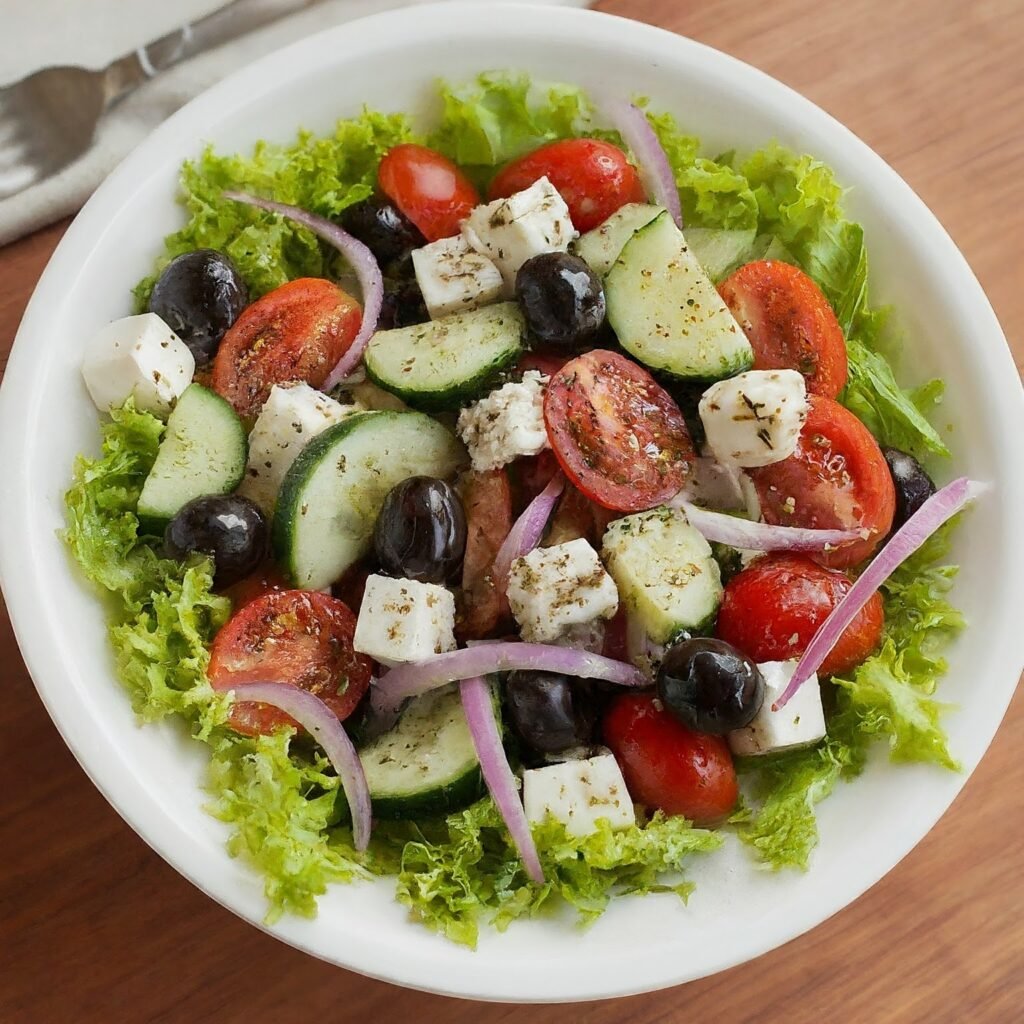
- Main Course: Chicken traybake with lemon, orzo, and olives & Persian Rice with Crispy Tahdig/ Turkish Kofta kebab & Garlic Nan
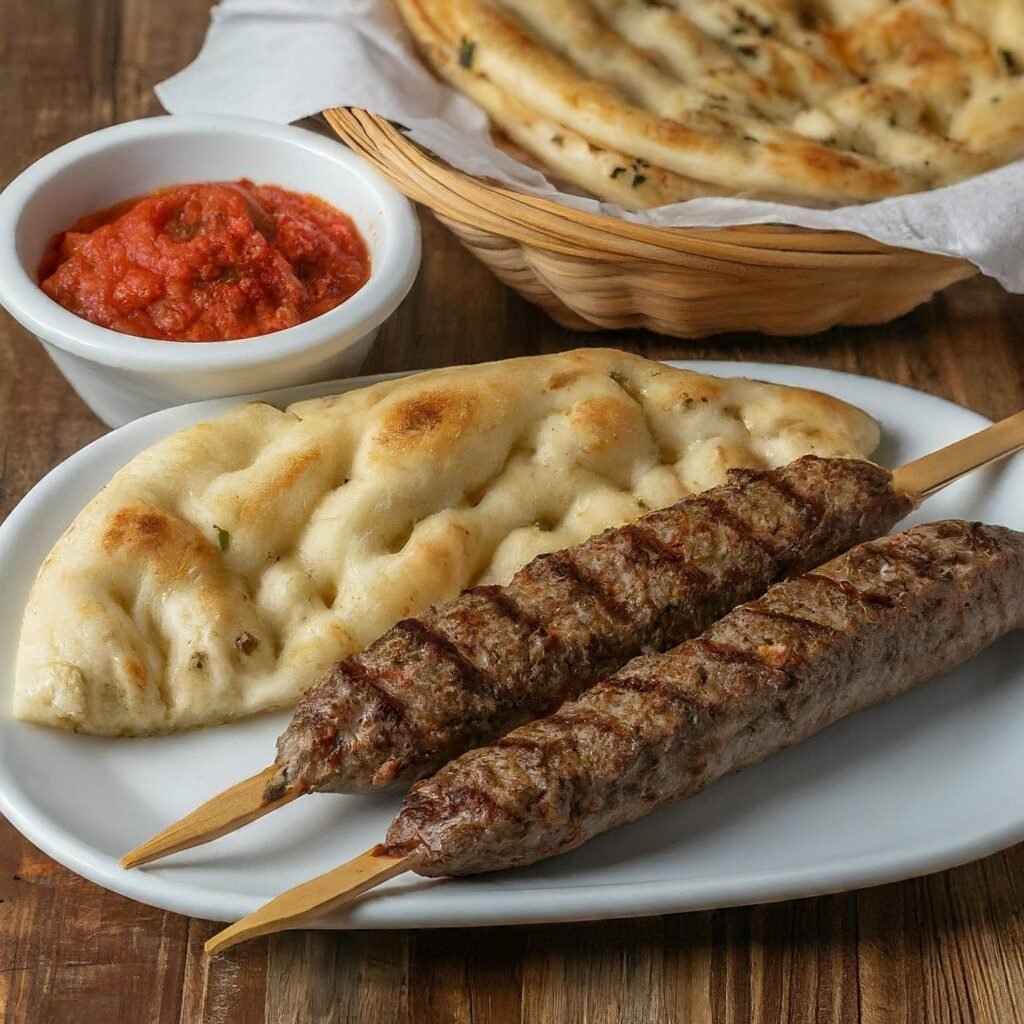
- Side Dish: Tzatziki Sauce & Tzatziki Greek Fries
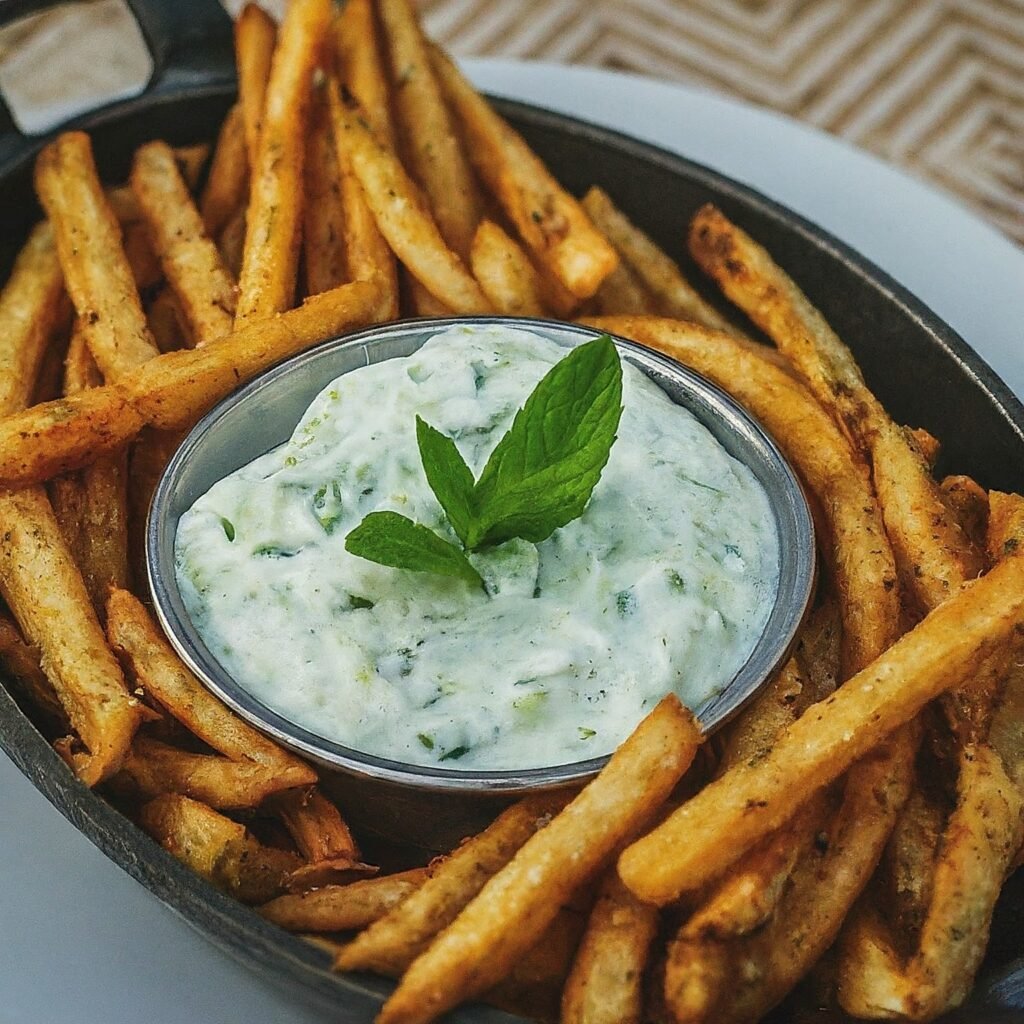
- Sweet Dish: Tahini Chiffon Cake with Burnt Honey Cream & Poached/ Tiramisu/Mini Chocolate Tarts/ Pomegranate Molasses Shrikhand


What Is Interesting about the Mediterranean Diet?
The Mediterranean diet is quite beneficial in lowering the risk of cardiovascular diseases and total mortality, as several studies have repeatedly demonstrated.
For example, throughout a 12-year trial involving over 26,000 women, those who adhered to this diet had a 25% decreased chance of getting cardiovascular disease. Changes in blood sugar, body mass index, and inflammation were linked to this decreased risk.
The highest adherence to a Mediterranean diet was associated with a 24% lower risk of cardiovascular disease and a 23% lower risk of premature death compared to those with the lowest adherence, according to another meta-analysis of 16 prospective cohort studies involving over 22,000 women.
The Mediterranean diet dispels the misconception that those with or at risk of heart disease should eat low-fat foods.
The PREDIMED study, which included thousands of patients with diabetes or other risk factors for heart disease, discovered that a Mediterranean diet supplemented with extra virgin olive oil or almonds, with no fat or calorie restrictions, reduced stroke mortality by almost 30%.
Although the diet included beneficial fats from sources such as fatty fish, olive oil, and nuts, the total fat intake exceeded the recommended levels. Also, the PREDIMED investigation revealed a lower risk of type 2 diabetes among patients.

The benefits of the Mediterranean diet on aging and cognitive function have drawn attention in addition to its effects on cardiovascular health.
According to studies, a diet high in antioxidant-rich foods, like fruits, vegetables, nuts, and whole grains, can protect telomere length, which is linked to a longer life expectancy and a lower risk of age-related disorders, and fight cell stress.
Moreover, studies have demonstrated that following a Mediterranean-style eating pattern lowers the risk of chronic diseases, and losses in mental and cognitive abilities, and promotes the possibility of healthy aging.
Originating from the food traditions of Greece, Spain, and Italy, the Mediterranean diet emphasizes heart-healthy foods including whole grains, legumes, fruits, vegetables, nuts, and olive oil; it restricts red meat, processed foods, and salt.
Moderate intake of alcohol, particularly red wine, is permitted and related to a lower risk of heart disease. Also, the diet promotes communal eating, emphasizing the value of sharing meals with family and friends, which has been associated with lower rates of sadness and stress, enhanced mood, self-confidence, and resilience.

Notably, a Mediterranean diet has been linked to a lower risk of cardiovascular disease, major cardiac events, and even Alzheimer’s and Parkinson’s disorders. Furthermore, this diet is accessible and reasonably priced, making it a viable option for low-income people.
However, it is needed to highlight that without a focus on portion sizes and particular amounts of foods, there is a risk of excessive calorie consumption and weight gain.
To help reduce this, methods like the Mediterranean Diet Pyramid and the Harvard Healthy Eating Plate can assist with food selection and quantity control. Nonetheless, studies have demonstrated that the Mediterranean dietary pattern enhances satiety and long-term adherence, allowing for effective weight management.
What Are the Challenges of the Mediterranean Diet?
It has long been believed that following the traditional Mediterranean diet (MD) will extend one’s life and improve health.
It is thought to be a factor in the longer life expectancy of adults who live close to the Mediterranean Sea and is associated with reduced incidence of chronic diseases. However, despite the diet’s well-established advantages, adherence to it has been declining, mostly as a result of socioeconomic issues.
According to recent data, adherence to the MD may be significantly influenced by material resources, indicating that the economic crisis may have contributed to this tendency. The MD advocates not only for a varied and well-balanced diet but also for better choices in consumption.
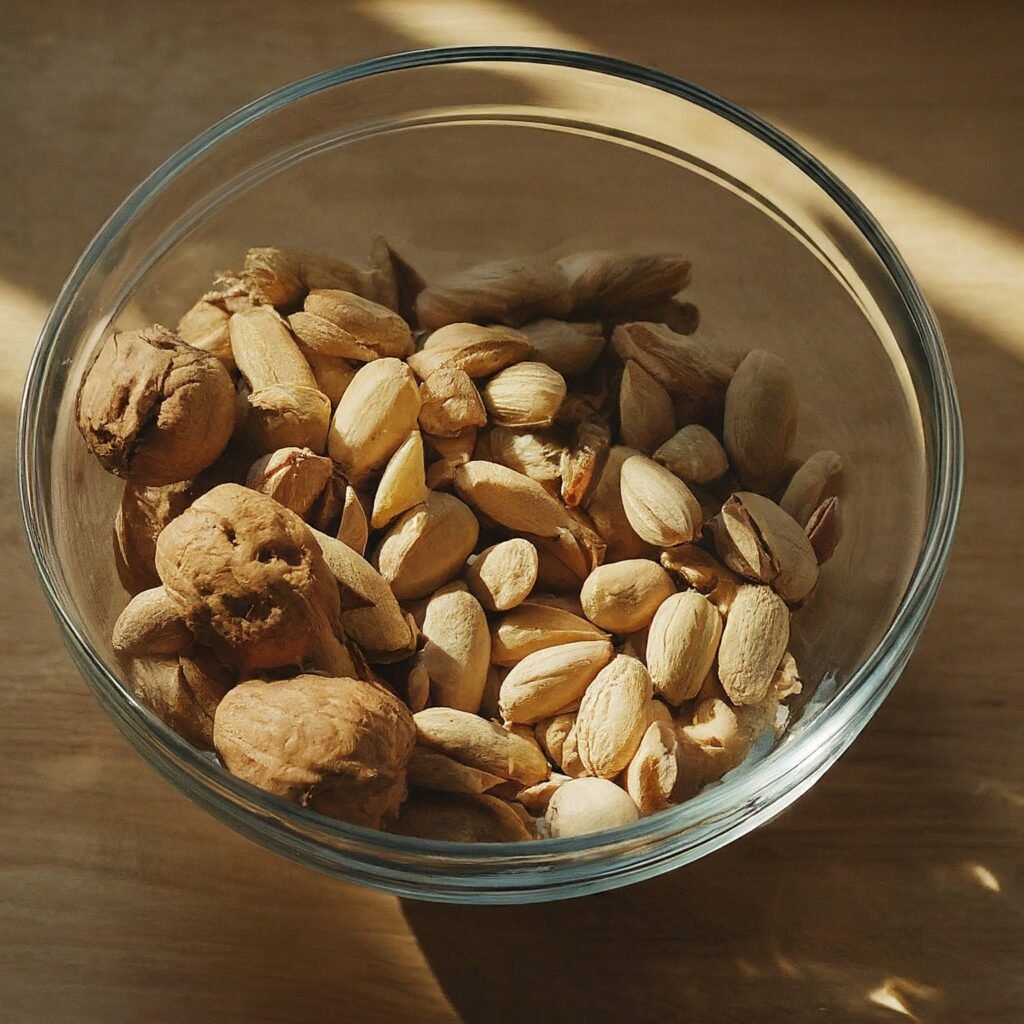
However, it is imperative to highlight that the present understanding of the diet may not apply to all Mediterranean countries and cultures.
While the MD is mostly based on conventional European cuisines, there is a paucity of representation of other Mediterranean-coastal nations.
This can be traced to early research studies that concentrated solely on specific populations and cultures, resulting in a limited grasp of the various and nutritious cuisines of the Mediterranean region.
It is critical to understand and promote the distinct food cultures of all Mediterranean countries, including those of Africa and the Middle East.
What People Get Wrong about the Mediterranean Diet?
According to experts, there are common mistakes that people make when trying to follow the Mediterranean diet that can reduce its effectiveness.
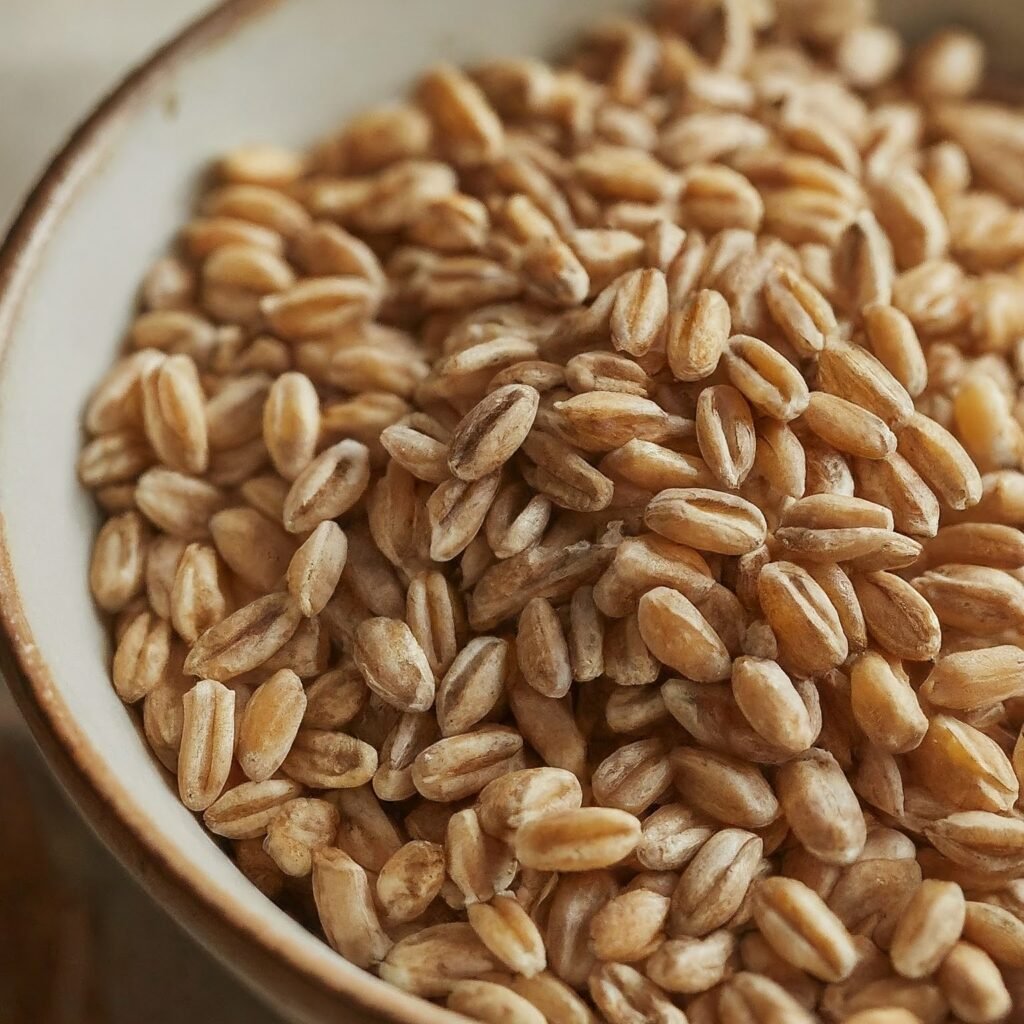
These include consuming too much-processed food, not paying attention to portion sizes, making drastic changes and having unrealistic expectations, not prioritizing vegetables, not drinking enough water, consuming too much alcohol, viewing food only as fuel, eating too much meat, considering vegetables as a side dish, not using enough olive oil, not prepping meals ahead of time, snacking excessively, consuming processed foods, trying to follow a low-fat version of the Mediterranean diet, and forgetting that it is a lifestyle rather than a short-term diet plan.
By avoiding these mistakes and focusing on a balanced and diverse intake of whole, plant-based foods, the Mediterranean diet can be more effective in promoting good health and longevity.

Finally, the Mediterranean diet is a way of life that supports community, health, and delicious flavors rather than just a particular style of food. A well-rounded diet that appreciates the rich variety of foods found in the Mediterranean region can be a strong tool for boosting lifespan and general well-being, provided typical mistakes are avoided. So why not try some Mediterranean cuisine for your next dinner and see for yourself what it can do?
Please Refer to Our Recipes Section for The Simplest Recipes.








